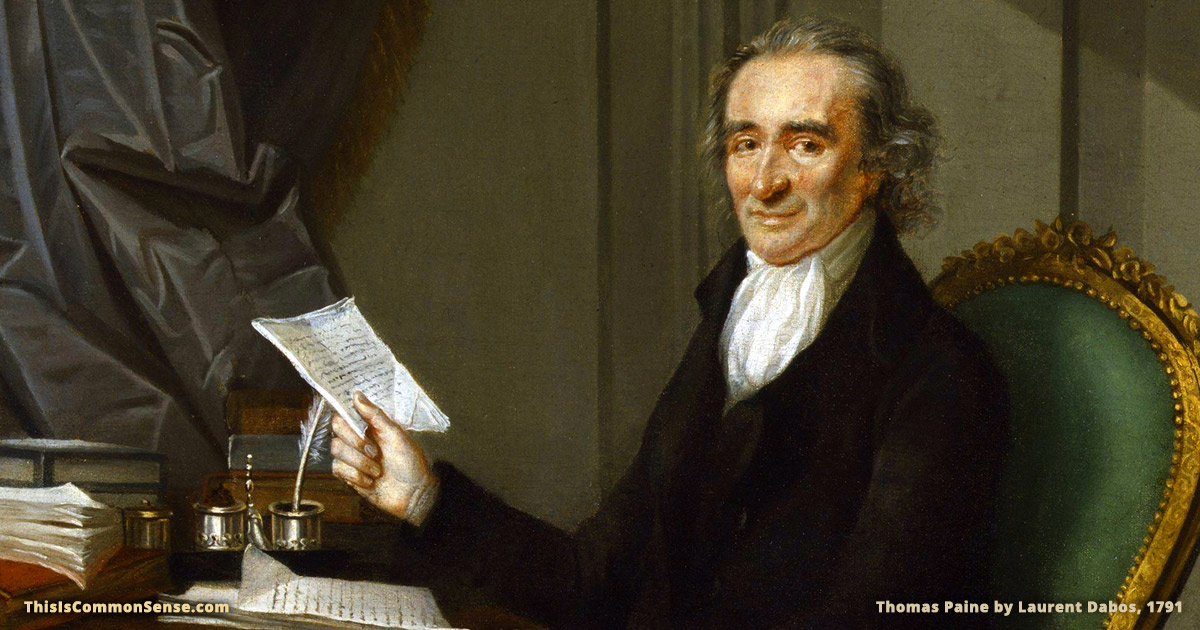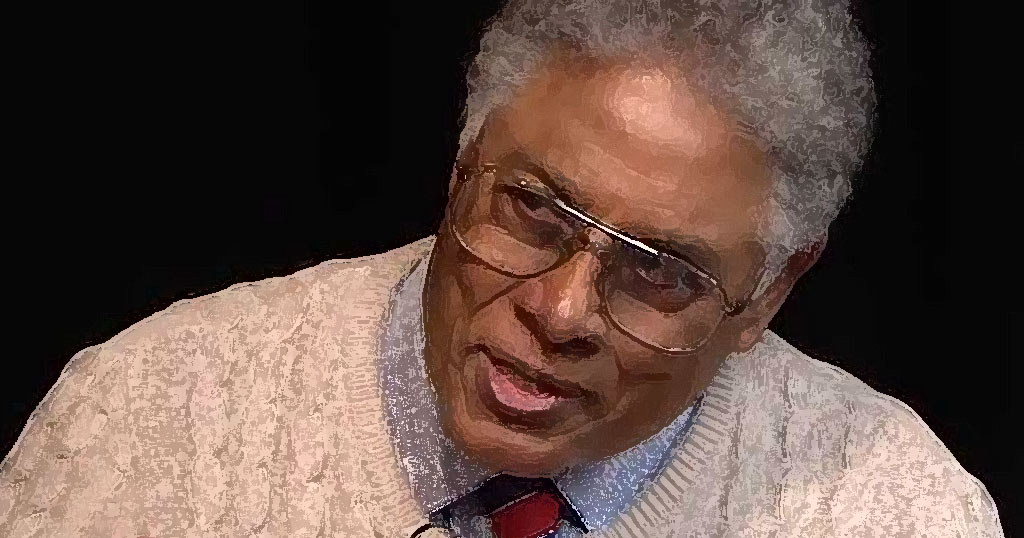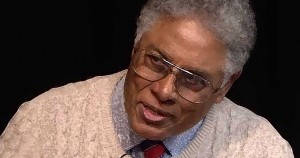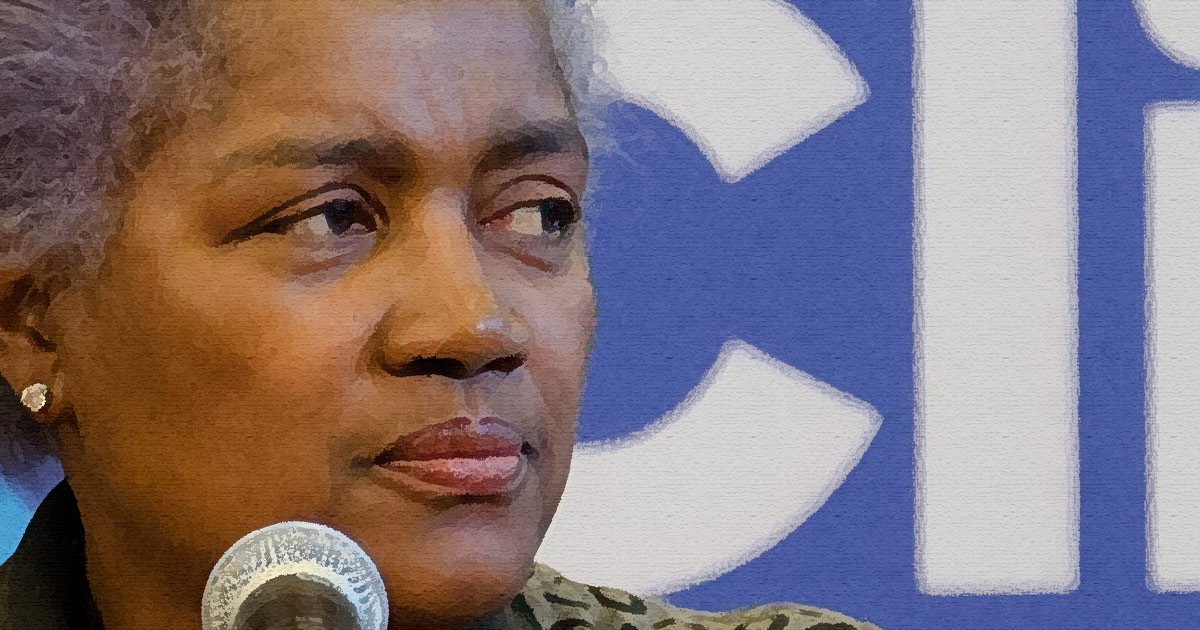Former U.S. Ambassador to Afghanistan Ryan Crocker sums up in a single word the recently announced framework of an agreement between the United States of America and the Taliban: Surrender.
“This current process bears an unfortunate resemblance to the Paris peace talks during the Vietnam War,” writes Crocker in a Washington Post op-ed. “Then, as now, it was clear that by going to the table we were surrendering; we were just negotiating the terms of our surrender.”
He’s not wrong.
It may seem strange that, after successfully toppling the Taliban government, a savage regime that had given safe haven to Al-Qaeda to launch its 911 attacks against us, we would now, nearly two decades later, be anxious to cut a deal with that same Taliban, even possibly bringing them into a power-sharing role.
Anything to get the heck out of Kabul and back to the good ol’ USA. And it is a recognition, right or wrong, that the Afghan government is unsustainable.
The alternative? Keep a significant contingent of U.S. troops in Afghanistan … forever. Or until we have fashioned a brand new westernized-Afghanistan that is no possible threat to us.
Yep, forever.
“Winning may not be an available option,” contends a new Rand report, “but losing … would be a blow to American credibility, the weakening of deterrence and the value of U.S. reassurance elsewhere, an increased terrorist threat emanating from the Afghan region, and the distinct possibility of a necessary return there under worse conditions.”
The same mistaken reasons we stayed in Vietnam.
This is Common Sense. I’m Paul Jacob.

—
See all recent commentary
(simplified and organized)










